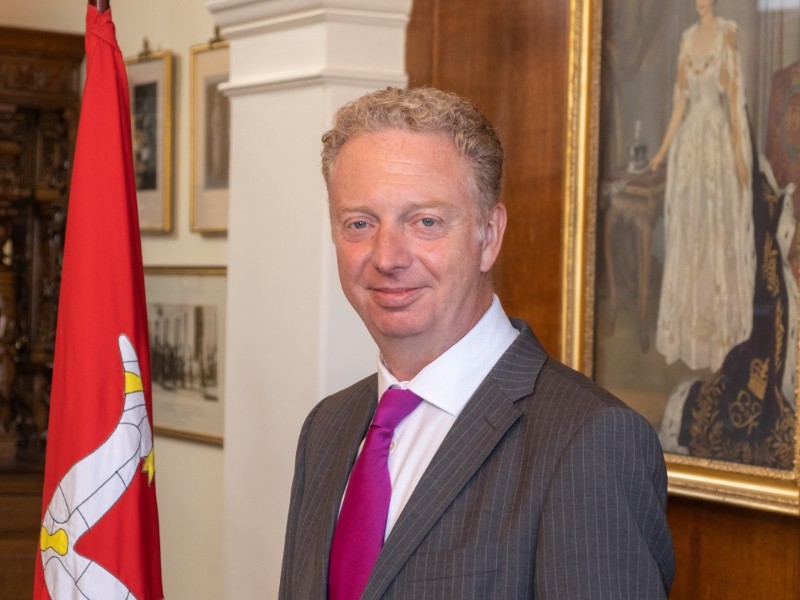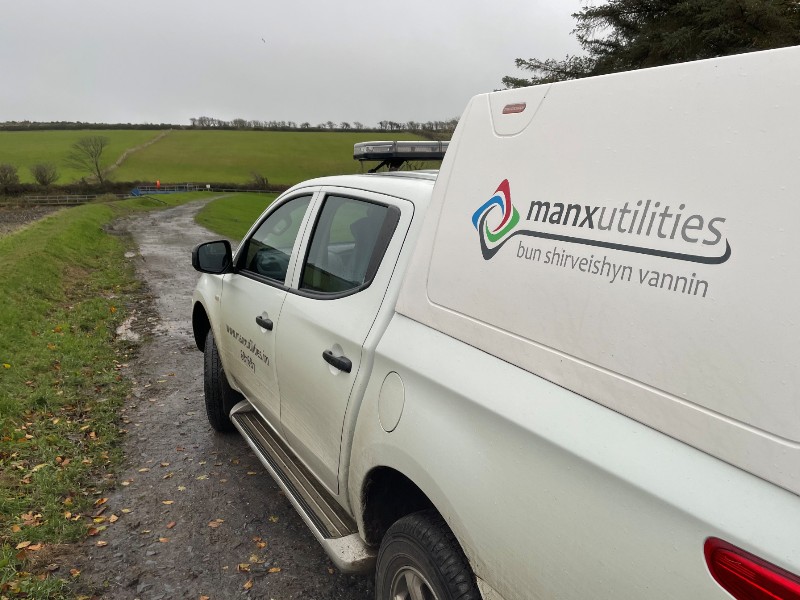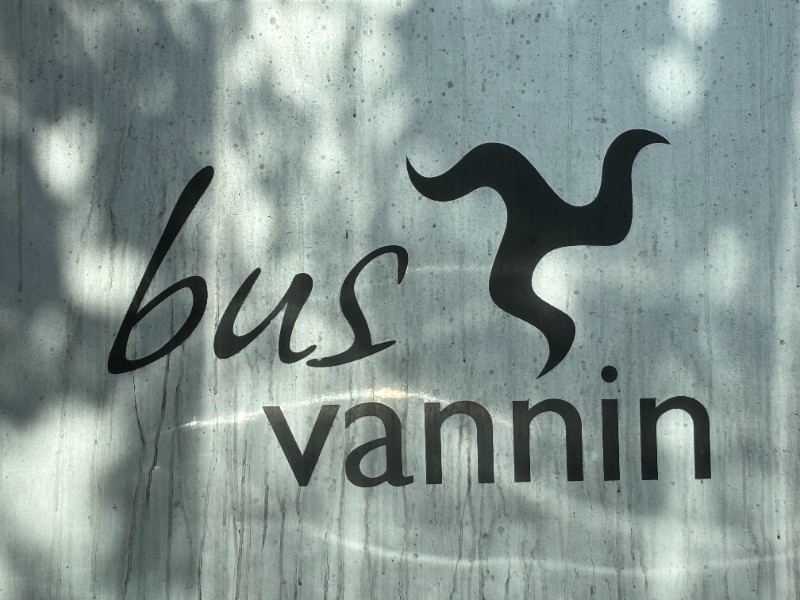
Council of Ministers outlines next steps for population and workforce growth
The Isle of Man Government has set out a detailed programme to reform inward migration policy, outlining a phased tightening of immigration visa routes, alongside new incentives to attract workers and returning residents.
The June 2025 report, highlights the Island’s growing reliance on inward migration to sustain population growth, maintain public services and meet labour market demands.
The report notes that deaths continue to exceed births on the Island, contributing to a natural population decline.
Despite this, overall population growth remains positive, driven by inward migration.
Government figures show between the 2021 Census and the first quarter of 2024, the Island recorded 5,694 inward migrants and 4,419 outward, producing a net increase of 1,285 people.
The average age of new residents is 39, significantly younger than the Island’s average population age of 44, which the government says is helping to rebalance demographic pressures. Notably, health and care workers account for 17 percent of all new residents in employment, underlining the sector’s reliance on migration.
Meanwhile, the unemployment rate remains extremely low at 0.7 percent, with job vacancies outstripping jobseekers – particularly in sectors such as hospitality, education, and health.
The report outlines a three-phase work programme to tighten and modernise the Island’s immigration system over the next three years, aligning visa categories more closely with UK standards while tailoring aspects to local economic conditions.
Phase one, already under way, includes raising the minimum salary requirement for Worker Migrant visas to £25,447.50 from October 2025, and introducing an Immigration Healthcare Surcharge (IHS), mirroring the UK model.
The IHS is intended to ensure migrants contribute towards the cost of the Island’s health services. Visa route simplification and stronger regulation of immigration advisors are also planned.
Phase two will examine the introduction of employer sponsor licences, revisions to eligible job roles and salary thresholds, and maintenance requirements for dependants; a review of the Island’s work permit system is also included.
Phase three focuses on consolidating all remaining visa routes, simplifying processes and reducing the risk of system abuse.
Incentives to encourage inward migration have also been revised. These include a revamped relocation grant, now available to a broader range of roles with increased funding, and a refocused National Insurance holiday scheme, now restricted to returning Manx students.
A potential student loan forgiveness scheme is under consideration, targeting returning Manx graduates or skilled newcomers. However, further analysis is required to determine its cost-effectiveness and feasibility.
The government also confirmed plans to introduce a ‘Welcome Home’ package aimed at encouraging Manx workers overseas to return.
The report commits to enhancing migration data collection, including the creation of a migration dashboard and improving arrival experiences for both employers and newcomers. This includes exploring a single registration system and better integration support.
While no immediate disincentives are proposed for migrants not subject to immigration control – such as British and Irish citizens – the government is preparing potential legal and financial levers that could be activated in future if required, including access to healthcare and housing.
The Council of Ministers says it recognises the need to balance the Island’s economic and societal needs with the integrity of the Common Travel Area and evolving global risks.
It pledges to proceed cautiously, with all changes subject to ongoing review and approval by Tynwald.
The report positions inward migration as essential – not optional – for sustaining the Island’s population, economy and public services in the years ahead.
MLC Paul Craine, who is also a population researcher, went into detail in his speech:


 MiCard users advised to take money out before the end of the year
MiCard users advised to take money out before the end of the year
 'Nothing else could have been done' to save some small fish at Clypse Reservoir
'Nothing else could have been done' to save some small fish at Clypse Reservoir
 'Come back to the table,' says DOI minister
'Come back to the table,' says DOI minister
 Consultation seeks feedback on changes to IOM first time buyer schemes
Consultation seeks feedback on changes to IOM first time buyer schemes